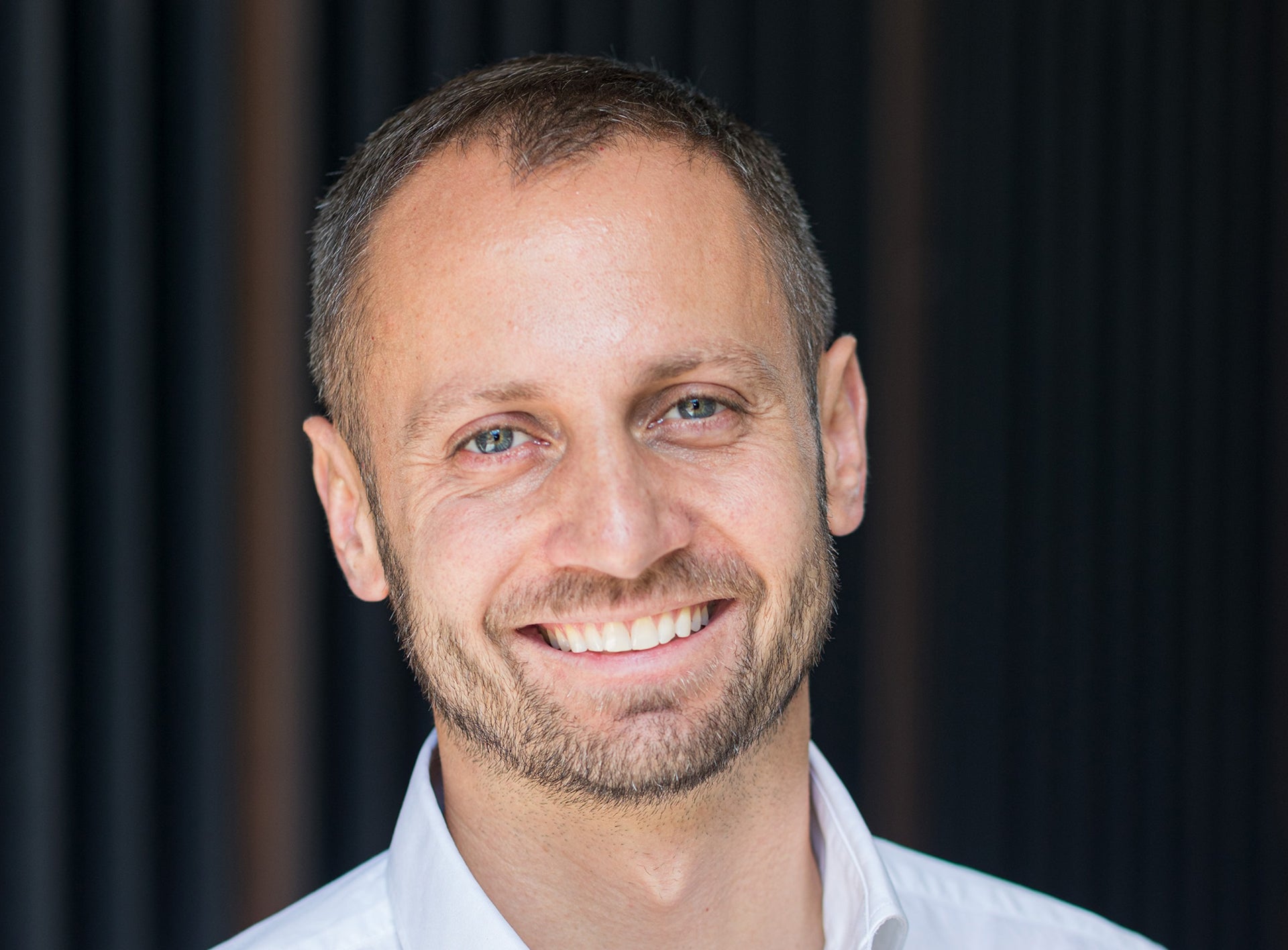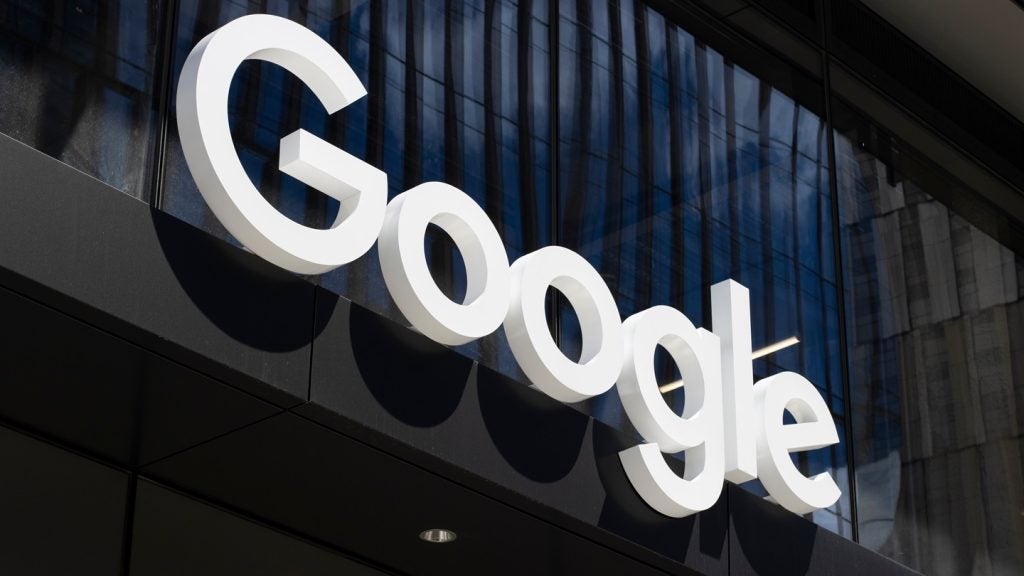
The founder and CEO of fintech startup Yapily believes Starling Bank founder Anne Boden failed to understand open banking when she called it a flop a few weeks ago.
“I think she might be missing the perspective of the ecosystem and how much volume is already going through it,” Stefano Vaccino tells Verdict.
Open banking refers to systems empowering customers to share their financial data with whatever organisation they choose, whether it’s a bank, an insurer or a startup. In Europe and in the UK, banks are legally bound to have systems in place that enable customer information to be shared.
The UK’s open banking rollout dates back to 2015 when the European Union announced the second Payments Services Directive, or “PSD2”. While Blighty has since divorced the trading bloc, the laws regulating these initiatives are still in place in Britain.
Open banking has been described as a “game changer” for the banking industry in a thematic research report from GlobalData.
However, bosses at incumbents and at challenger banks like Monzo have denounced the rollout as having failed to bring any real value to customers and startups, in part because they claim incumbents have been dragging their feet to implement it. They’ve also claimed that introducing these systems is too costly.

US Tariffs are shifting - will you react or anticipate?
Don’t let policy changes catch you off guard. Stay proactive with real-time data and expert analysis.
By GlobalDataThe latest person to make a similar remark is Anne Boden. The founder of Starling enraged companies operating in the open banking space in October by branding the rollout of open banking as a flop, calling it “clunky” and adding that businesses couldn’t make money out of it.
Vaccino thinks the Starling head honcho just doesn’t understand the concept. The former Goldman Sachs investor suggests that there are already “millions of people using open banking, making billions of payments.
“So calling this a failure is [to] not understand that there is never a big bang when there is a regulatory change,” Vaccino adds. “Things take time, but when things take off, they might actually replace a lot of [the old technology].”
He points at contactless payments as an example. While the technology was first introduced to the world in the late 90s, Vaccino says contactless payments took off in earnest in the UK when Transport for London enabled them to be used in the Big Smoke’s underground network. The usage of cashless payments has grown still further during the pandemic.
“Some of these technologies take time [to be adopted by the public], but It doesn’t mean they’re a failure,” the Yapily CEO says.
Starling declined to comment for this story.
Yapily CEO on expanding to the states
Yapily was founded in London in 2017. It has created an infrastructure enabling other companies to access financial data and to initiate payments. However, you’ve probably not seen its name on any of its customers’ websites.
“We are trying to be as invisible as possible,” Vaccino says. “We try to be perceived as a cloud provider. We are there to enable our customer, not to be in front of the user, and potentially affect the conversion or compete with our customer by building similar products to theirs. It’s similar to AWS or Google Cloud’s approach.”
Yapily counts both bigger more established companies and new fintech startups among its customers. Its clientele includes Intuit QuickBooks, Airbank, Vivid Money and Moneyfarm.
In July, the startup secured a $51m Series B round, putting the total amount injected into the venture to $69bn. However, Vaccino remains mum about what valuation the company achieved on the back of the round.
“We prefer to keep it to ourselves,” he says, adding that it is “not yet” a unicorn, a private startup with a valuation over $1bn.
The CEO says Yapily will use the Series B capital to expand the startup’s European presence, focusing on Spain and France. It was already present in the UK, Italy and Germany. Since the raise, it has also launched its services in the Netherlands.
While the firm will focus on Europe for now, it already has its eyes on other continents. But unlike many of its fintech peers, Yapily won’t jump across the pond to the States.
“The US is definitely not the first on the list after Europe because President Biden [has only recently] triggered the thinking in the US on how to [introduce open banking], so it will take a couple of years more before it’s an opportunity for us,” Vaccino says.
Instead, the Yapily CEO explains that the startup plans to expand to Latin America, India or Southeast Asia as early as the start of 2022. By doing so, the company hopes to be able to provide financial services to the two billion unbanked people around the world. Vaccino adds he hasn’t made a decision on where it will expand to next, but that the venture has started to lay the groundwork for entering new markets.
Expanding a business across Europe with an eye towards growing in new markets on other continents is an expensive undertaking. Despite the expansion costs looming on the horizon, the Yapily CEO is not planning on raising more money anytime soon.
“We have been quite careful in managing our funding,” he says. “So we still have a significant runway. We are trying to pace ourselves at the right speed and not rush too quickly because it takes time for revenue and volume and usage to come through. It is possible it may change, but at the moment we’re not planning another funding round.”
Raising with Covid
Over the past two years, many corporate chieftains have been forced to learn to live with the realities of Covid-19. For Vaccino, those realities became uncomfortably real in March 2020. In the midst of raising the company’s $13m Series A round, the Yapily CEO contracted the novel coronavirus himself.
“It was an interesting few weeks for me,” he recalls. “I was [worried] that the pandemic would prevent the funding round from happening and it was also very stressful because of my health.”
Vaccino eventually beat the virus. He didn’t need to be hospitalised because of it. When he emerged from his illness, the Yapily CEO realised that the pandemic could actually be good for the fintech industry.
The reason for his slight bullishness is that the coronavirus trigged an acceleration of adoption of contactless payments, ecommerce and digital banking.
“It brought the financial services a couple of years ahead compared to what it would have been without the pandemic,” he says, adding that it unlocked demand for new services from Yapily’s partners.
That’s an opportunity that Yapily is planning to make the most of in the months to come, new funding round or not.







